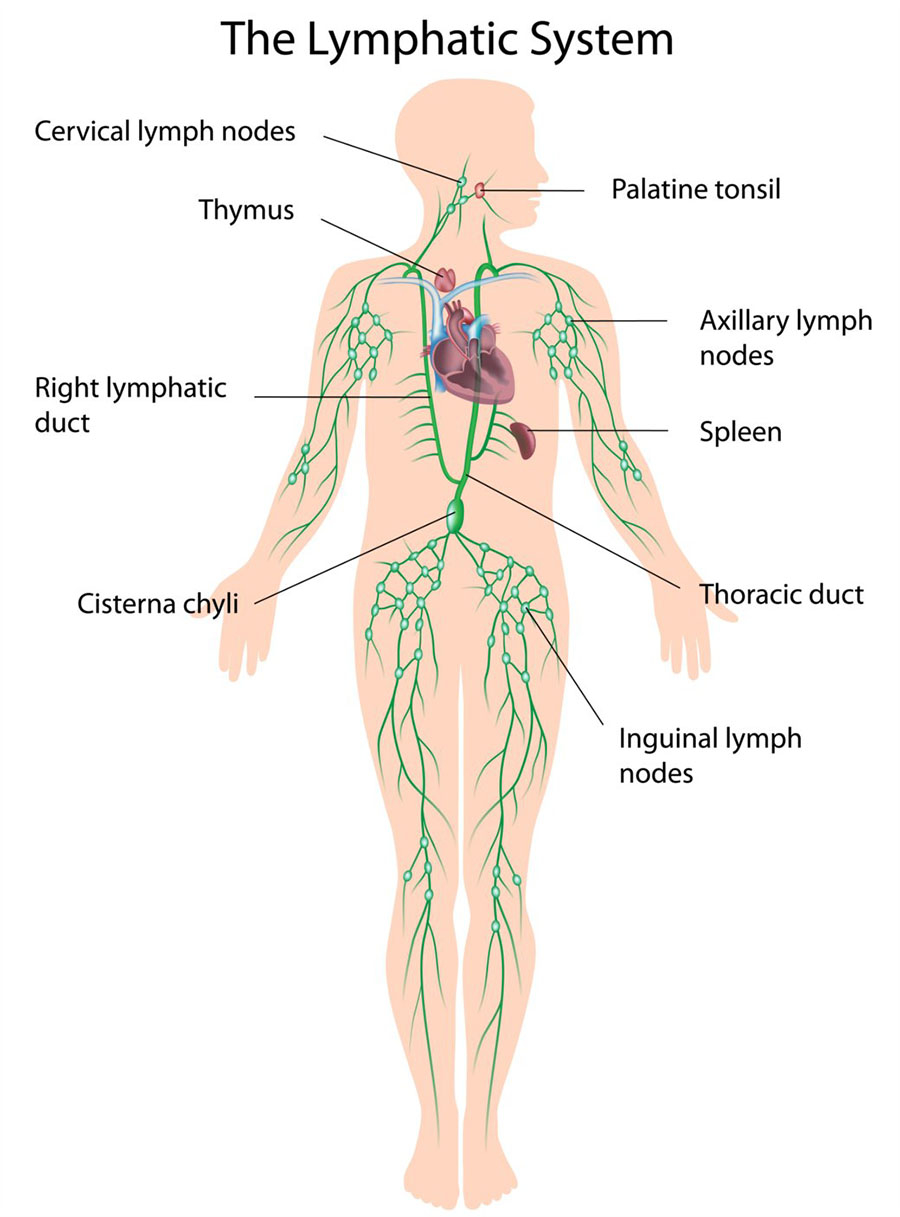Nodes in Cryptocurrency Networks
A node is a computer or device connected to the cryptocurrency network. They form an important part of any blockchain-based system since they are responsible for verifying and relaying transactions across the decentralized network. Nodes can be operated by individuals, groups, or organizations that have an interest in maintaining the integrity of the cryptocurrency network.
Types of Nodes
There are several types of nodes on a cryptocurrency network: full nodes (or “full clients”), lightweight nodes (or “lightweight clients”), and miners. Each type serves its own purpose within the ecosystem and all three types working together ensure that each transaction is securely validated and recorded onto the blockchain ledger.
1) Full Nodes: A full node is a computer running specialized software that downloads every block from other peers in order to keep track of all transactions occurring on the blockchain as well as verify their legitimacy before adding them to its local copy of the ledger. This allows it to operate independently from other nodes while still remaining part of a distributed consensus system, which helps secure against malicious actors attempting to manipulate data stored on previous blocks within the chain.
2) Lightweight Clients: Lightweight clients do not download every block but instead connect directly with either one or several full nodes through remote procedure calls (RPC). This allows them to request information specific only when needed without having to store large amounts locally like a full node would need too; making them useful for users who don’t want their computers storing large chunks data relating back years prior when using services like wallets or exchanges related applications integrated into such systems may also require connection via lightweight client protocols if not compatible with those used by traditional hardware based setups .
3) Miners: Mining refers specifically to performing cryptographic computations known as proof-of-work (PoW). As miners compete amongst themselves solve complex mathematical equations so that new blocks can be added onto existing ones forming what we call ‘chains’ these efforts help maintain security ensuring no single user has control over majority power meaning even if someone were able access 51%+ computing resources they wouldn’t able alter historical records without being noticed by others thereby preventing double spending issues which could arise should this occur thus protecting users investments longterm stability overall health economics behind entire system itself .


